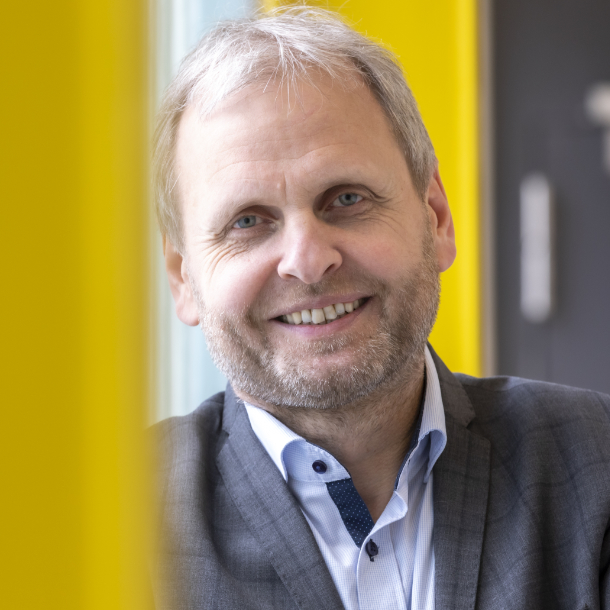
Guest Keynote Speaker Claudia Kemfert
Claudia Kemfert heads the Energy, Transport, Environment Department at the German Institute for Economic Research (DIW Berlin) and is a Professor of Energy Economics and Energy Policy at Leuphana University. She is an economic expert in the fields of energy research and climate protection. In 2016, she was appointed to the German Advisory Council on the Environment (SRU) and received the German Solar Prize and the Adam Smith Prize for Market-based Environmental Policy.
She is active on advisory boards at various research institutions, federal and state ministries and the EU Commission. Since 2011, she has been a member of the Presidium of the German Association of the Club of Rome.
Claudia Kemfert is a multi-award-winning top researcher and sought-after expert for political and media events.

Martin Wilkening is head of the Institute for Chemistry and Technology of Materials, and his research focuses mainly on solid-state ion conductors. Wilkening studied chemistry and physics at the Leibniz Universität in Hannover, where he received his doctorate in physical chemistry in 2005 and his habilitation in 2012. He has been a Professor of Solid-State Physical Chemistry at TU Graz since 2011 and headed the Christian Doppler Laboratory for Lithium Batteries up until 2019.

Viktor Hacker heads the Working Group for Fuel Cells and Hydrogen Systems at the Institute of Chemical Engineering and Environmental Technology at TU Graz, where more than 25 researchers are currently working on low-temperature fuel cells and the production of high-purity hydrogen. Hacker studied mechanical engineering and business economics at TU Graz, obtained his doctorate in 1998 and habilitated in electrochemical energy technologies in 2004.
